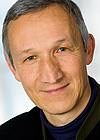JR Centre for Horizons of personalized music therapy
Head of research unit
Commercial Partner
Duration
01.09.2021 - 28.02.2022
Thematic Cluster
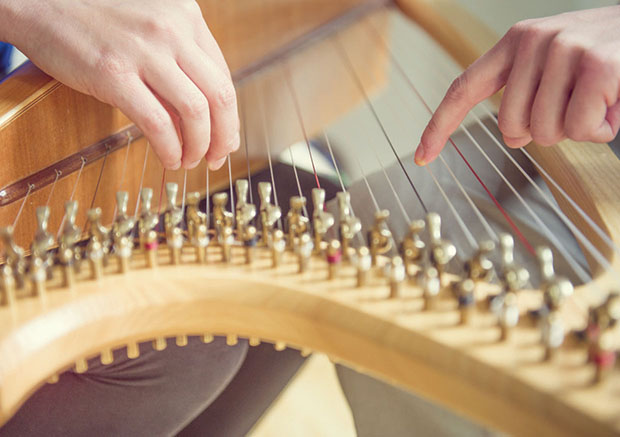
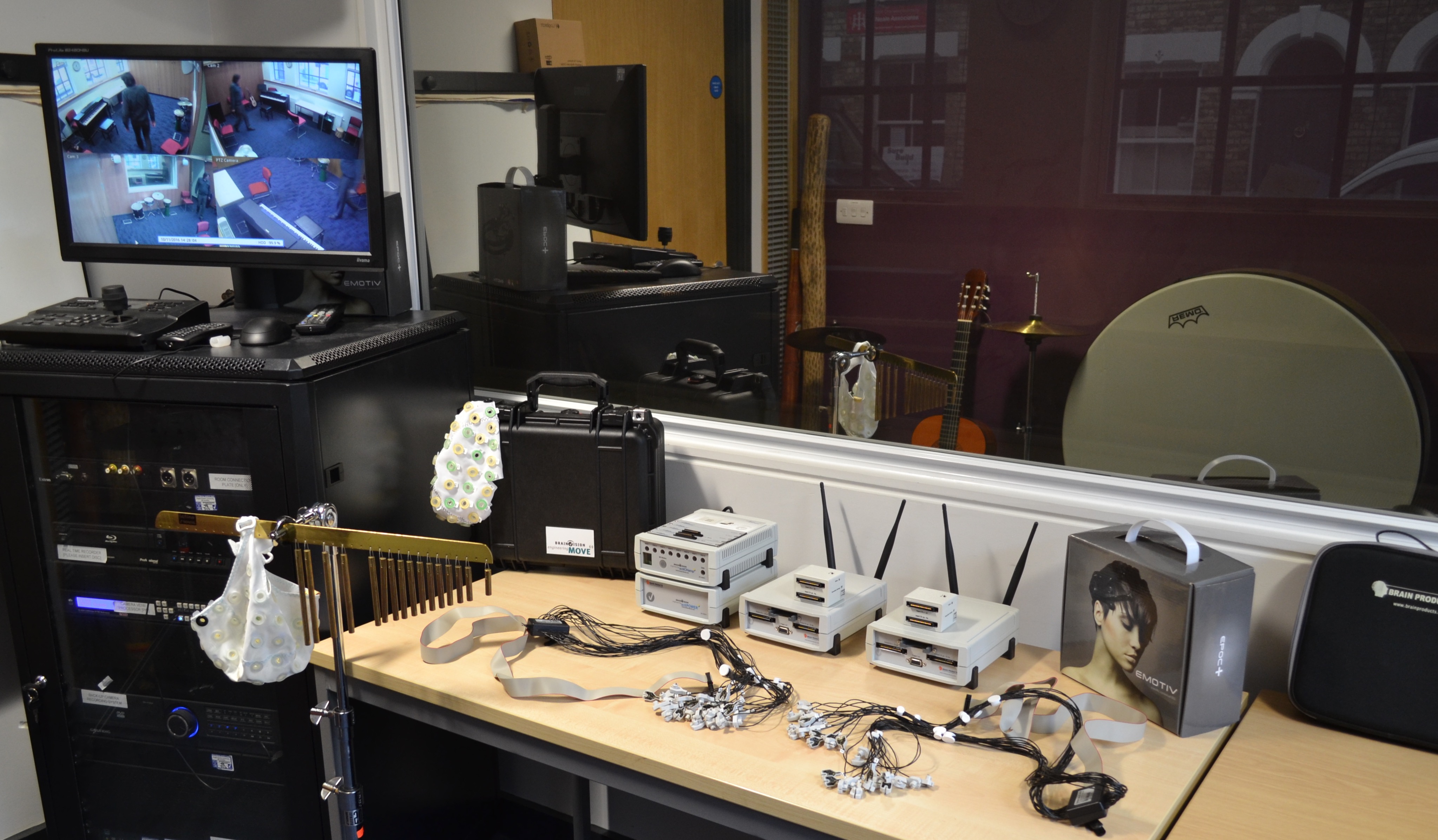
This Josef Ressel Centre is dedicated to the creation of evidence-based scientific foundations for personalised music therapy in selected fields of neurological rehabilitation.
Clinical case reports often contain descriptions of resonance experiences between therapists and patients in the course of the therapy process.
These scientifically elusive phenomena are described in music therapy work even with severely brain-damaged patients (e.g. craniocerebral trauma, hypoxia, stroke, etc.).
The research team is convinced that these resonance perceptions are an expression of an existential and anthropological need to understand and be understood, which should have a physiological analogy. This makes them accessible to in-depth scientific research.
The aim of this Josef Ressel Centre is therefore to use various scientific methods to work out the conditions under which such special therapeutic encounters - although unique in each case - can nevertheless be reproduced and how therapists can train their empathy skills accordingly.
The special feature of this Josef Ressel Centre is the combination of different scientific and methodological approaches (videography, electrocardiography, electroencephalography, etc.), the temporal interaction of which still needs to be developed.
The first research focus is on determining the individually customised optimal time window for a music therapy stimulus. During this therapy window, patients should be as receptive as possible and therapists should be as attentive and empathetic as possible.
Furthermore, it should be determined how much time patients need to process the stimulus set in the respective therapy unit before they are able to take up the next therapeutic stimulus or after how much time therapists are able to concentrate on the next therapy unit.
In the first phase of the Josef Ressel Centre, students will use biometric methods (electrocardiography, electroencephalography) and video analyses to develop reproducible processes for recognising these optimal time windows. Subsequently, therapeutically significant moments (so-called "encounter moments") in the music therapy process are identified within these time windows. These findings are transferred to clinical practice from the third year onwards.
The second research focus addresses the question of how students and therapists can develop or deepen their empathic skills in order to enter into resonance with their patients.
Firstly, methods are developed to biologically and psychologically identify and quantify empathic reactions. To this end, students' oxytocin and cortisone levels and heart rate variability are measured and psychometric tests are carried out following stimulation with corresponding film sequences. This allows differences between individuals to be identified and their training progress to be documented.
The aim of this research is to create an evidence-based foundation for the use of music therapy in neurological rehabilitation.
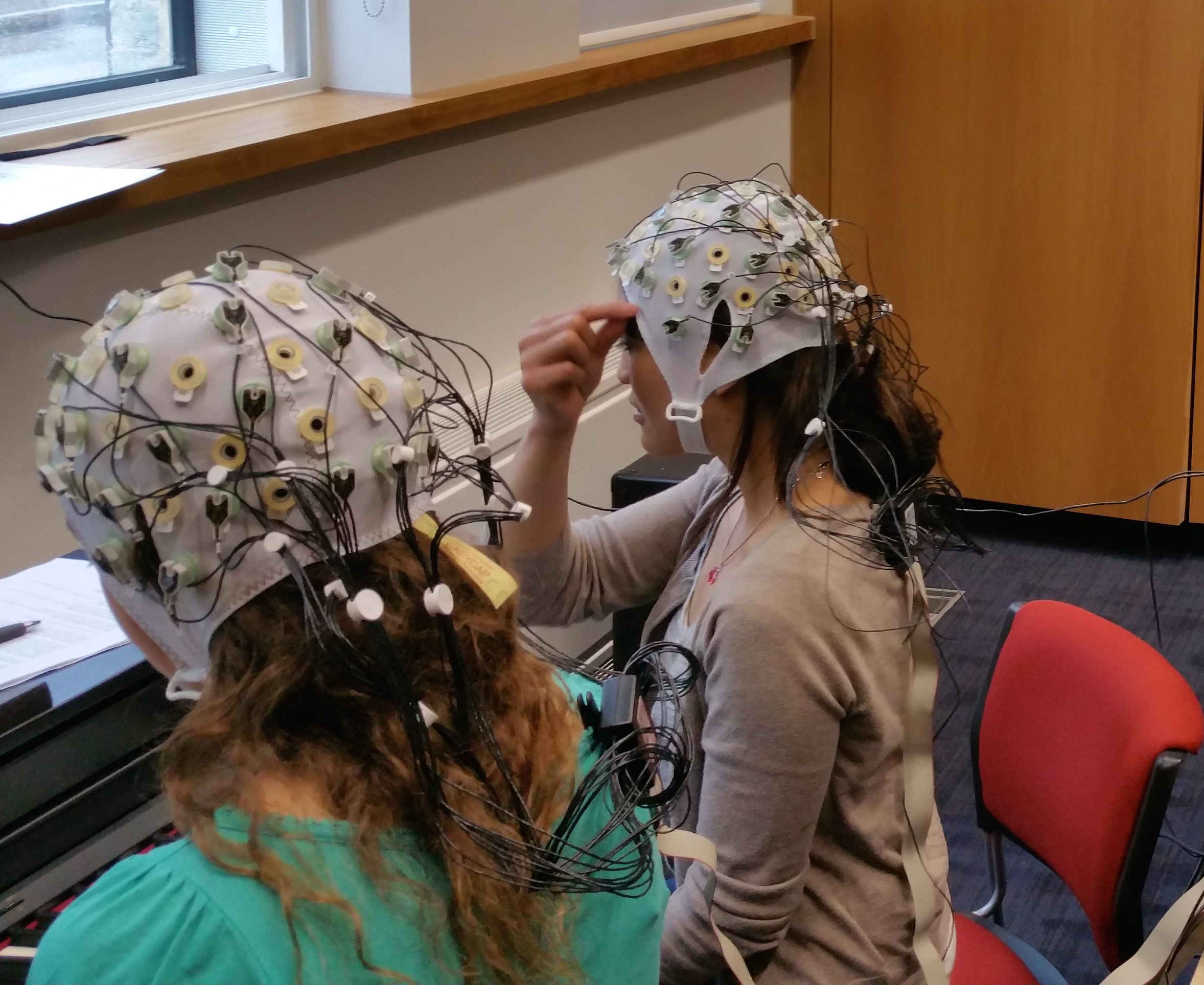
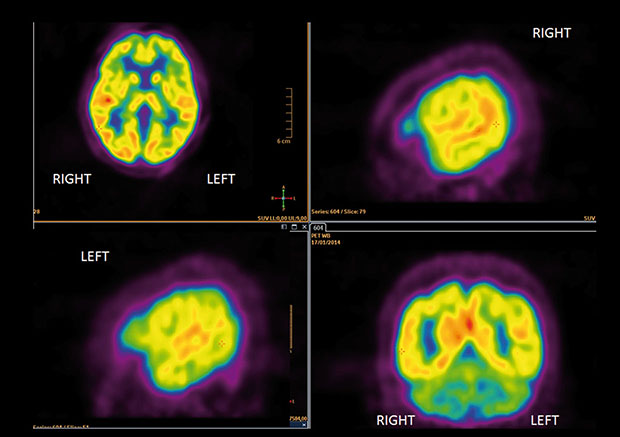
Christian Doppler Forschungsgesellschaft
Boltzmanngasse 20/1/3 | 1090 Wien | Tel: +43 1 5042205 | Fax: +43 1 5042205-20 | office@cdg.ac.at

